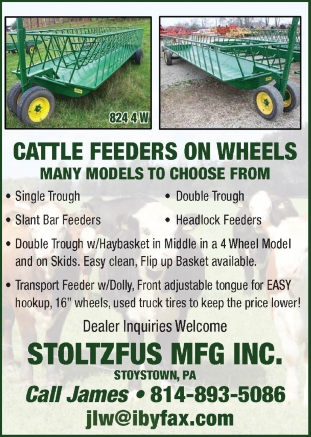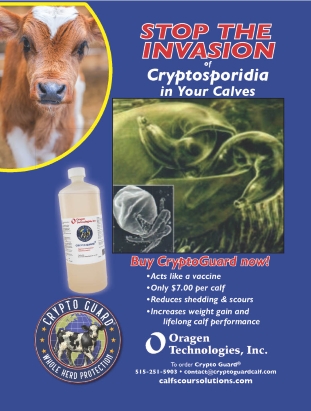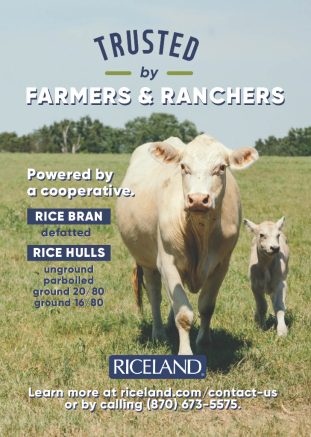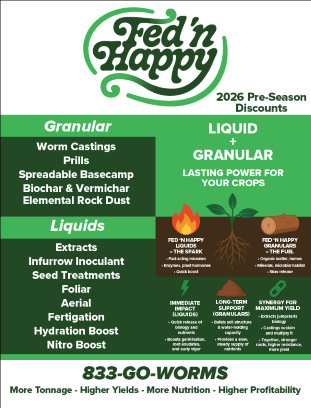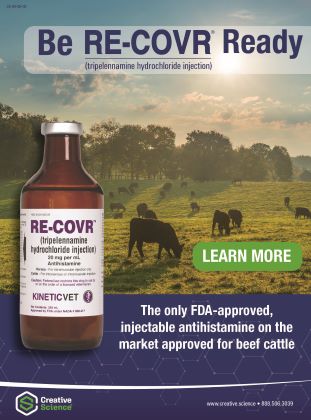What is VCPR
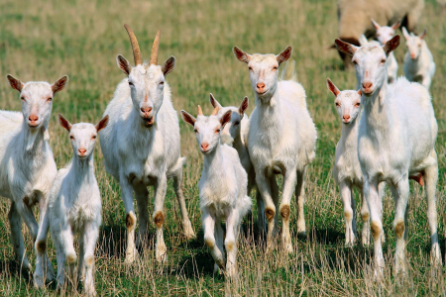
What is a VCPR: And Why Do You Need One?
The impact of animal health on a dairy goat herd is important in that it can mean the difference of a very healthy to a not so healthy herd and everything in between. A health veterinary – client relationship is key to a healthy herd. Successful and profitable dairy goat herds tend to have good relationships with their nutritionists and veterinarians as the nutrition and herd health tend to go hand in hand.
VCPR stands for Veterinarian Client Patient Relationship. It is a written agreement and formal relationship that identifies the veterinarian who knows you and your farm well enough to provide guidance and treatment of your animals. This agreement builds a trusting relationship between the herd owner and veterinarian, keeping productivity and profitability in mind. For more information on establishing a Valid Client Patient Relationship the American Association of Small Ruminant Practitioners has developed a handout available here: https://www.aasrp.org/Common/Uploaded%20Files/resources/VCPR2020.2F.pdf
A VCPR is now a requirement for any purchase of prescription medications and extra-label use of drugs. There are many benefits to having a VCPR including knowledge and resources around animal health, biosecurity, assistance in troubleshooting issues on the farm. A VCP is much like having a primary health or family doctor. This is someone you regularly communicate with about prescription needs, changes in health, or referrals for specialized services. An overall goal of this relationship is to prevent health issues before they occur rather than simply reacting to concerns when they occur.
Your Role in VCPR
As a herd owner, your role in a VCPR is to have active communication with the veterinarian so they know of any health changes to the herd. This allows the veterinarian to diagnose and make a treatment plan based on your farm’s history and animal health. Through this open communication, you can ask questions to make sure you understand the health treatment prescription. With this agreement, it asks you to follow through with your veterinarian’s instructions. Keeping records of animal health is also very important to the care of the animals as well as helping in discussions you may have with your veterinarian. Good records help the veterinarian understand patterns of health incidences that might otherwise go unnoticed without proper records.
The veterinarian’s role is to assist in developing an agreement that reflects how and when you will communicate and work with each other. Once the agreement is established, a farm specific health and treatment plan can be discussed. This allows the veterinarian to diagnose and treat animals based on clinical judgement and animal health history, provide medical care and oversight of treatment as well as assist in maintaining health records for your animals. This type of agreement becomes quite valuable to you as the herd owner in managing and identifying ways to improve animal health. Many veterinarians offer a wide range of additional services that can add value or save costs for your dairy goat operation.
There are many troubleshooting issues that veterinarians can play a vital role in, including, but not limited to milk quality troubleshooting, animal health records, feeding and nutrition, and assisting with the development of standard operating procedures. Even though veterinary visits for a sick doe might cost more than the value of the doe itself, other herd health advice during visits can be of value, again a sort of preventative medicine from the incidence happening again.
Establishing a VCPR
The first step to establishing a VCPR is to find a local veterinarian you would like to work with and contact them directly. They can assist you with the process and can help determine protocols for your farm that allow you to have antibiotics on hand for treatment. Finding a veterinarian with expertise in dairy goats might be limited, however there are many opportunities and resources for veterinarians to build their goat knowledge and they can always reach out to extension services for assistance in finding those resources.
Once you finish establishing the VCPR, it is important to maintain regular communication and routine in-person visits as necessary and determined by you and the veterinarian. Veterinarians cannot legally and ethically prescribe medications or recommend treatment if they have not had any recent contact with you or your animals. Sharing medications with other producers or using medications in ways other than those recommended by your veterinarian is also a violation of the VCPR. Veterinarians are trained to help manage risk when using medications to treat animals, and you don’t want to misuse your relationship with them.
Through the written agreement, allows discussion for the expectations. For example, you might expect that each time the veterinarian comes to your farm for herd health, they also walk through the fresh pen or examines recently born kids. And for the veterinarian, they may expect that medications they provide to you are used according to the directions and that treatment records are maintained. This helps to ensure that each person has all the information he or she needs to make the best decision for the animals. Use this time to develop treatment protocols so that you know you are using the products safely to avoid residue violations or other food safety risks.
As a dairy goat producer, you know the responsibility, but also the satisfaction of providing quality products to our consumers. A VCPR ultimately helps to maintain a high level of animal care while continuing to grow consumer confidence in the products they are consuming.
October 2023
By Jennifer Bentley – Iowa State University and Outreach Dairy Field Specialist
If you would to read another article around calving techniques
F0r Cattle Industry News:
If you are an Outdoor Enthusiast, The Iowa Sportsman is the place for you.


